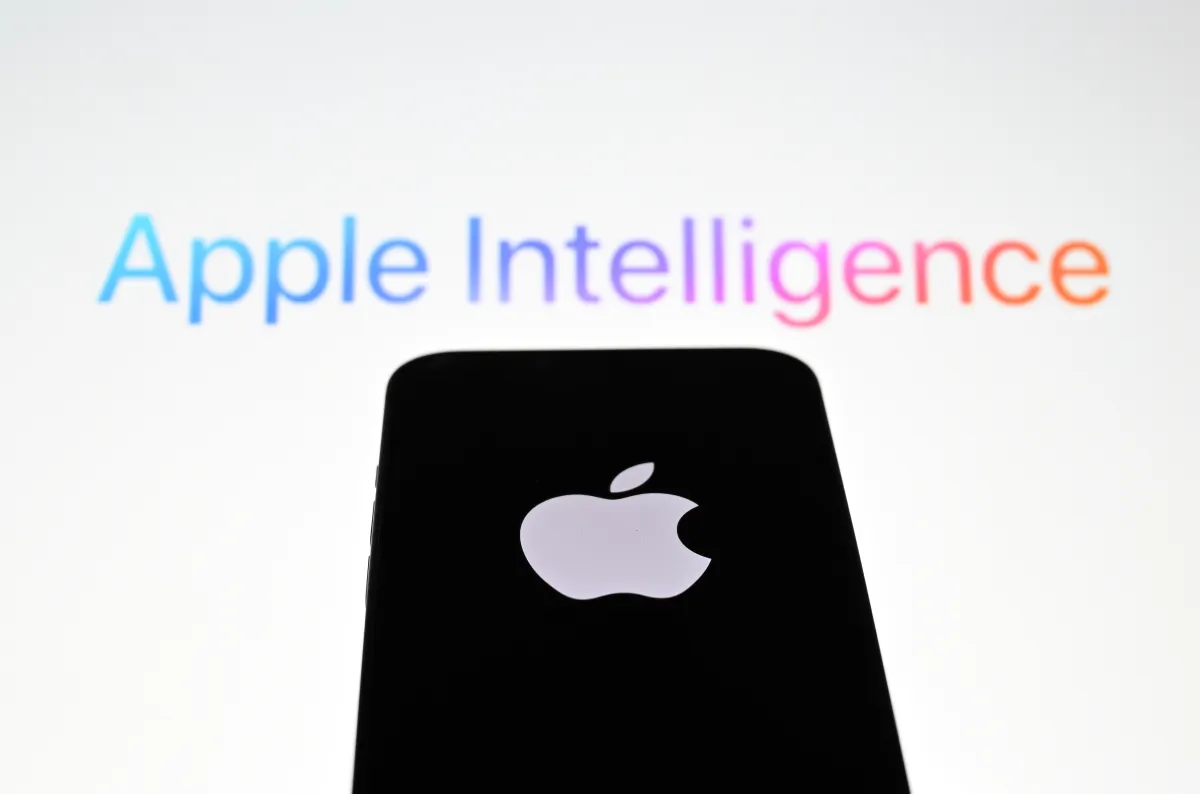Apple has pushed back against Elon Musk's recent claims that its App Store unfairly favors OpenAI's apps over others in the highly competitive artificial intelligence space. The dispute has brought to the fore the ongoing tensions between tech heavyweights in the AI market and the role that app distribution platforms play in determining which products gain prominence.
On August 11, Musk, the founder of xAI, took to social media to level serious accusations against Apple. He alleged that the tech giant's App Store was operating in a way that violated antitrust laws by skewing the playing field in favor of OpenAI. Musk specifically pointed out that it seemed nearly impossible for any AI company other than OpenAI to achieve a top - ranking position in the App Store. He further questioned why neither his social media platform, X (formerly Twitter), nor xAI's Grok, an AI chatbot, were included in the App Store's "Essential" category, despite X being a leading news app globally and Grok having climbed to fifth place in the overall app rankings.
Musk's outburst did not come out of the blue. His company, xAI, has been trying to make a mark in the AI industry with Grok, which it touts as a powerful competitor to OpenAI's ChatGPT. However, getting visibility in the App Store, one of the most important distribution channels for mobile apps, has been a challenge. Musk believes that Apple's algorithms and curation practices are to blame, suggesting that they are rigged to keep OpenAI's apps at the top.
In response to these scathing accusations, an Apple spokesperson released a statement emphasizing that the App Store operates with fairness and without bias. "The App Store is founded on principles of fairness and impartiality," the spokesperson said. "We showcase thousands of apps through a combination of 排行榜,algorithm - based recommendations, and expert - curated lists, all of which adhere to objective criteria." Apple further explained that its goal is to offer users a "safe discovery" experience while providing developers with opportunities to gain exposure for their creations.
This is not the first time Apple has faced such allegations. The company's App Store has long been a subject of scrutiny regarding its business practices, from the 30% commission it takes on in - app purchases to its app review and ranking systems. In the context of AI apps, the competition is particularly fierce, with numerous companies vying for a slice of the growing market.
OpenAI's ChatGPT has been a dominant force in the AI chatbot space, and its integration with various Apple products, following a partnership between the two companies in 2024, has only added to Musk's concerns. Musk, who was once a co - founder of OpenAI but later parted ways due to ideological differences, has been vocal about his displeasure with OpenAI's direction and its relationship with Apple.
In the wake of Musk's threats to take legal action on behalf of xAI, OpenAI's CEO, Sam Altman, also entered the fray. Altman, on the same social media platform, made a veiled reference to alleged manipulative practices by Musk on X. "Given the accusations I've heard about Elon manipulating X for his and his companies' benefit and to harm competitors and those he doesn't like, this is quite a statement," Altman said, while also stating that OpenAI would remain focused on building great products.
The standoff between Musk and Apple highlights the complex dynamics at play in the AI and app distribution ecosystems. For developers, especially those in emerging and competitive fields like AI, the ability to get their apps noticed in the App Store can be a make - or - break factor for their success. Apple, on the other hand, has to balance the need to maintain a high - quality and secure app ecosystem with the perception of fairness in its dealings with developers.
As the situation unfolds, it remains to be seen whether Musk will follow through with his legal threats and what impact, if any, this spat will have on the future of AI app distribution on the App Store. The outcome could potentially set a precedent for how other app platforms approach the promotion and ranking of apps in highly competitive and rapidly evolving technological sectors.
